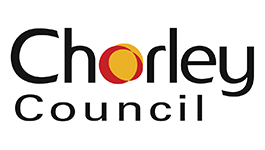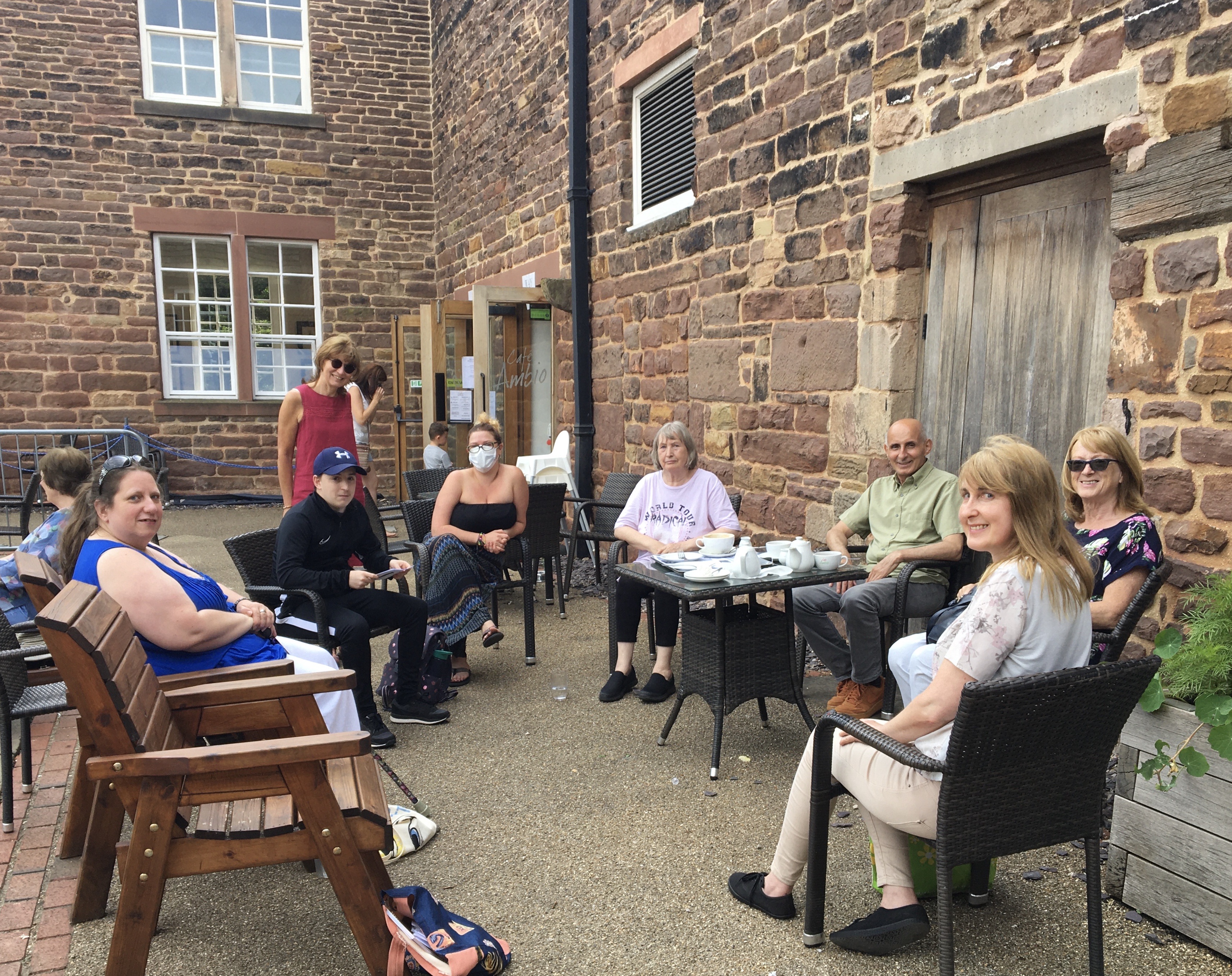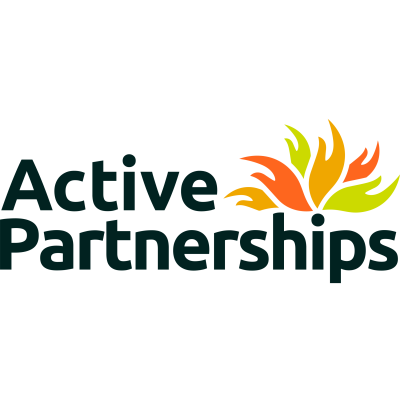Chorley Activity Buddies supported by Chorley Council, was set up as a direct response to the COVID-19 pandemic, supporting vulnerable adults and those with long term health conditions.
The idea came about as the first National Lockdown was announced in the UK on 23rd March 2020, when a number of volunteers stepped forward at St Gregory’s church in Chorley to offer their time to ‘buddy up’ with a local resident who may be highly vulnerable, self-isolating or suffering from long term health conditions.
Initial support was provided over the telephone through ‘Chorley Buddies Phone Buddy Service’ and as interest began to grow, Active Lancashire worked through the Chorley Resilience Forum to offer the Tackling Inequalities Fund provided by Sport England. This helped to put physical activity on the table for the project where it had previously been overlooked. A number of participants expressed a desire to improve their physical health, so funding was used initially to provide training to upskill the buddies in multi-skill activities in order to help build their confidence to be able to support participant’s physical health. Following this, some funding has also been used to hire instructors and local spaces to host group sessions such as aquafit and chair-based aerobics, outdoor guided walks both for groups and 1-2-1 sessions were also a popular choice for many participants.
Thus far, 28 adults have been supported by the Chorley Activity Buddy Scheme, with 21 participants engaging in physical activity. The benefits extend far beyond improving physical health though, as for many the project has acted as a social lifeline, allowing for vulnerable adults to feel connected and supported during an extremely difficult time. Both the befrienders and the participants have kept diaries throughout the project to document their journeys, which have served as a helpful tool in supporting their mental health along the way as it encourages participants to reflect on their journeys and take a look back at their progress. For one participant, their journey has resulted in them becoming a befriender themselves.
The buddies have learnt that they are with their clients for the long haul. They have many examples of ‘relapse’, many promises made to attend activities reneged on, which can be be quite demotivating for the buddies, but they are able to re-motivate one another through the message board they use to share experiences, problems and best practice.
There has been a huge amount of positive feedback from participants including:
“[The] physical activity buddy scheme has been biggest thing to positively impact on my wellbeing and it has been important for social wellbeing too.”
“Without Chorley Buddies I don’t know where I would be”
“I am fighting pain and depression but the group has certainly helped to try and get me to come out and to get a bit of exercise and fresh air, which has helped with both my mental health and my social wellbeing”
Beth Kay, Operations Manager at Active Lancashire and Tackling Inequalities Fund lead commented on the success of the project saying, “This project really has ridden the wave of the lockdowns and continues to support people despite the current restrictions. It has proved to be a social and physical lifeline for not only the participants and their families, but also providing a real boost for the buddies too. We will be gathering the key success factors from each of their journeys, so we are able to replicate this project in other areas of the County as it is projects like this that really show community spirit at its best in keeping their peers connected and showing the importance of keeping moving."
As more participants become interested in the project, funding will be used to further enhance the skills of befrienders, inviting them to attend training in mental health, safeguarding and park activator.
Key Success Factors
• Less is more – Evidence that a small amount of investment can make a big difference
• Recruitment – Through existing church group of passionate volunteers
• Training - Received basic engagement and multi-skills training
• Communication – Between participants and between buddies to keep up morale






